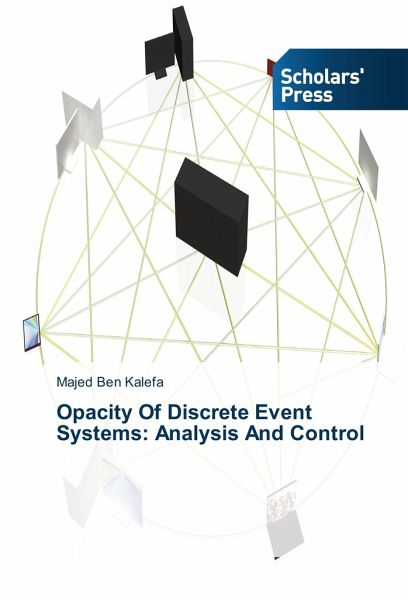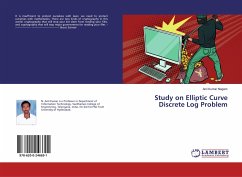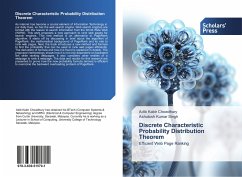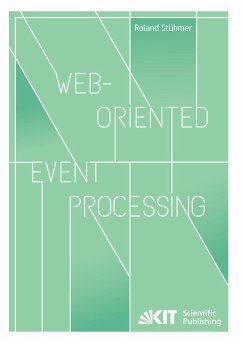
Opacity Of Discrete Event Systems: Analysis And Control
Versandkostenfrei!
Versandfertig in 6-10 Tagen
45,99 €
inkl. MwSt.

PAYBACK Punkte
23 °P sammeln!
The exchange of sensitive information in many systems over a network can be manipulated by unauthorized access. Opacity is a property to investigate security and privacy problems in such systems. Opacity characterizes whether a secret information of a system can be inferred by an unauthorized user. One approach to verify security and privacy properties using opacity problem is to model the system that may leak confidential information as a discrete event system. We describe and analyze the complexity of opacity in systems that are modeled as a discrete event system with partial observation map...
The exchange of sensitive information in many systems over a network can be manipulated by unauthorized access. Opacity is a property to investigate security and privacy problems in such systems. Opacity characterizes whether a secret information of a system can be inferred by an unauthorized user. One approach to verify security and privacy properties using opacity problem is to model the system that may leak confidential information as a discrete event system. We describe and analyze the complexity of opacity in systems that are modeled as a discrete event system with partial observation mapping. We define three types of opacity: strong opacity, weak opacity, and no opacity. Strong Opacity describes the inability for the system s observer to know what happened in a system. On the other hand, No-opacity refers to the condition where there is no ambiguity in the system behavior.












